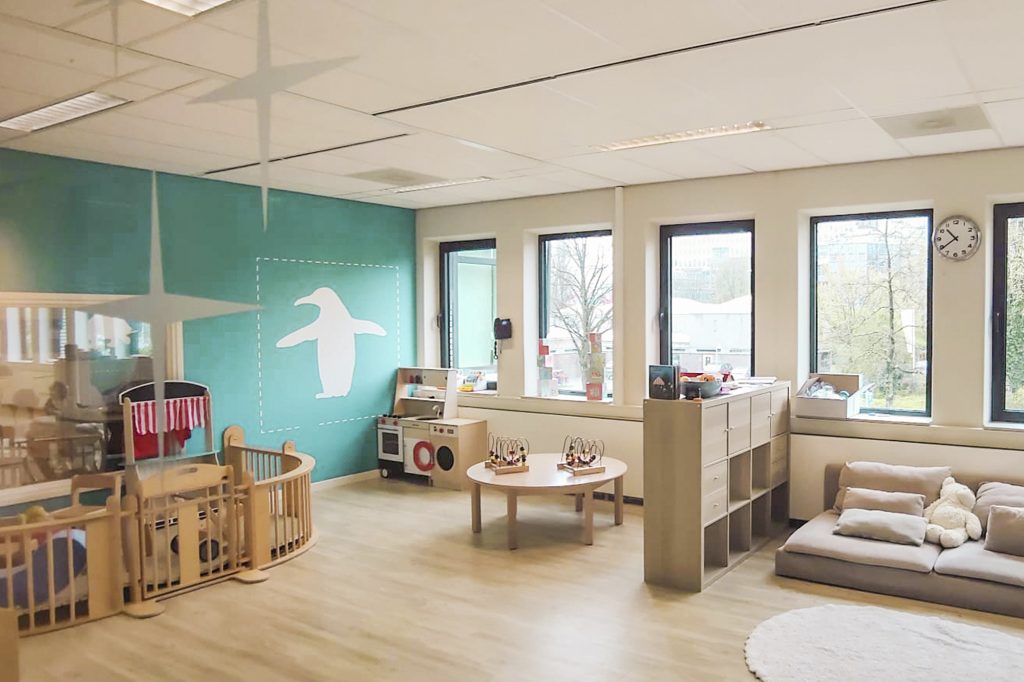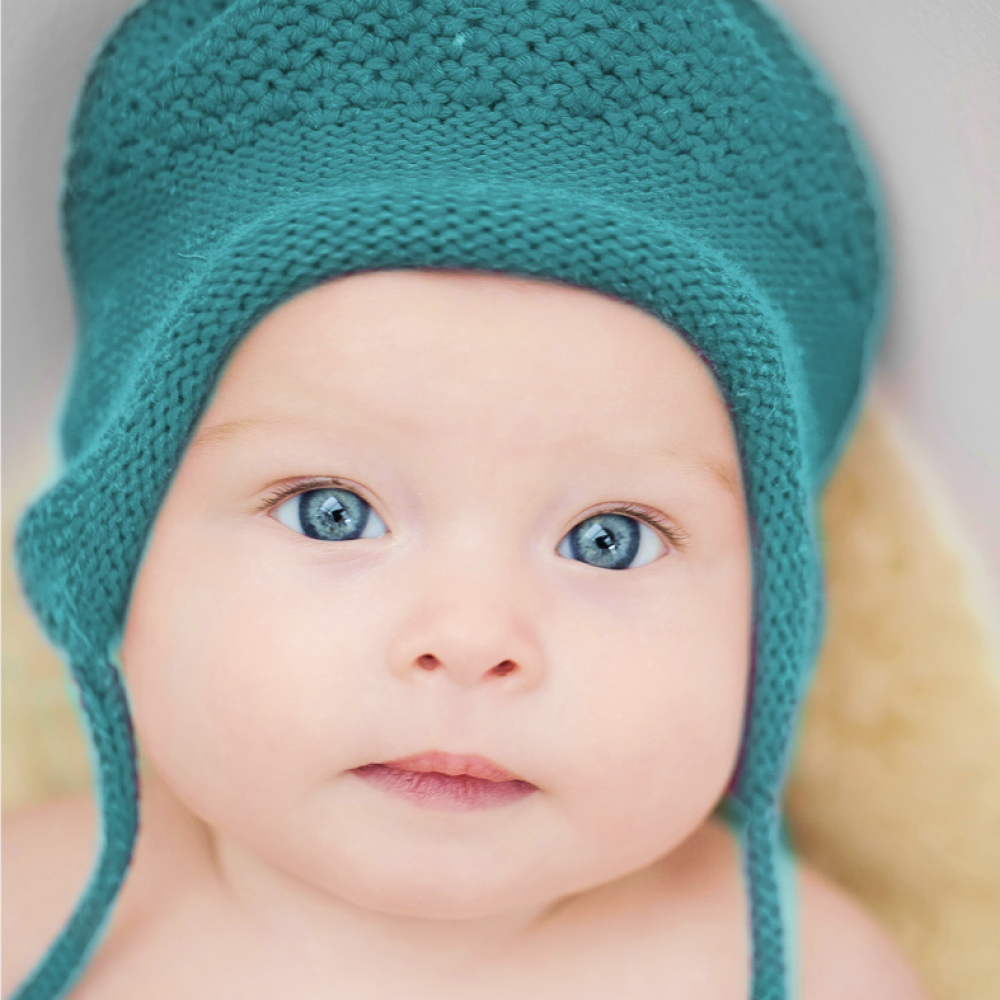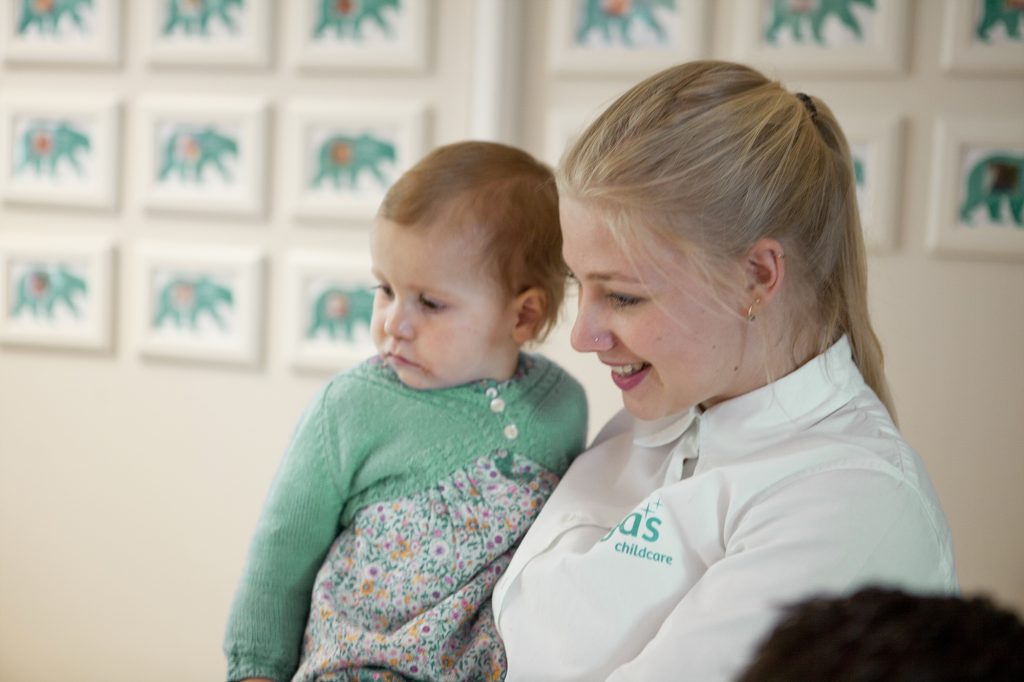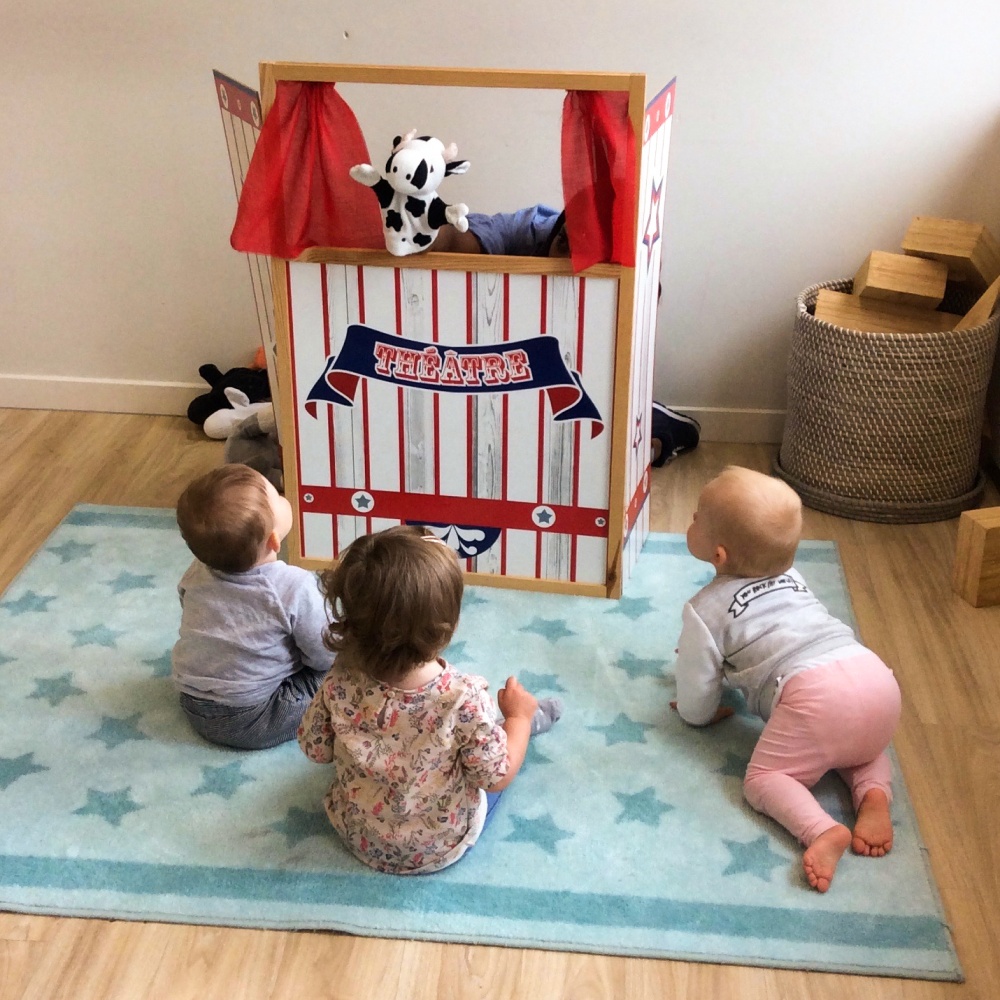
4 minuten leestijd
The inspiration for our vision on daycare.
Our pedagogical vision is based on well-established developmental theory and best practices, mixed with a good dose of practical, common sense. We don’t believe there is one particular right way of promoting a child’s development. We do believe that good childcare demands a high level of sensitivity to the individual child and to the opportunities for social interaction provided by the group.
In particular, we’ve drawn inspiration from the ideas of two great childcare pioneers: Loris Malaguzzi and Emmi Pikler. Loris Malaguzzi (1920–1994) was an Italian teacher who recognized young children’s enormous potential for development and the special role a childcare center can play in stimulating this.
Malaguzzi saw communication and exploration as the keys to learning, and stressed that children have a natural drive towards both from a very early age. He developed a pedagogical approach to support this natural development and founded preschool education centers applying this method, which has been widely adopted around the world. It’s known as the Reggio Emilia approach, after the city in Northern Italy where Malaguzzi established his first centers for infants and toddlers in the early 1960s. Centers for preschoolers followed in the 1970s. Respect, responsibility and community are core values.


Emmi Pikler (1902–1984) was a pediatrician who changed the lives of children living in the Lóczy orphanage in Budapest, Hungary.
During her time as director of the orphanage, she introduced then-revolutionary ideas about how staff should treat the children in their care. Her concept of the child as a free and equal human being, whose autonomy should be treated with dignity and respect, is closely allied with the Reggio Emilia philosophy. Like Malaguzzi, Pikler believed that a secure emotional base is the foundation of all learning and she proved that it was possible to achieve this even in a relatively deprived environment like an orphanage. This success led to the widespread application of her approach in other childcare settings.

Malaguzzi was fascinated by the rich diversity of ways in which children express themselves—not only through words, but also sounds, gestures, facial expressions, movement, dance, song, music, paintings, crafts...and much more. These are the child’s tools for engaging with the world and building relationships—in short, for developing as an individual and a social being. The Reggio Emilia method aims to nurture the ‘hundred languages’ of childhood, helping children to explore their world through—primarily self-directed—play. That’s a philosophy that is very close to our hearts.
In line with this vision, Oya’s daycare center offers your child a wealth of opportunities for creativity, self-expression, and interaction. Our nannies and other childcare professionals are selected for their sensitivity and expertise in communicating with children. They know how to watch and listen, and to use what they learn about the children in their care to devise activities that meet the needs of the individual child. As Pikler did with her staff at the orphanage, we train our childcare professionals to speak to the children in a gentle, friendly tone of voice; to ask and explain instead of commanding; and to give children plenty of (emotional and physical) room to follow their own interests, at their own pace. (emotionele en fysieke) ruimte te geven om zich in hun eigen tempo door hun eigen interesses te laten leiden.
At the same time, we encourage the children to respect the rights of others. Our staff set the example, and provide gentle guidance. Our aim is to help children develop their social skills in a natural, unforced way. Through play and interaction, the children learn to help others, to communicate, to work together and to deal constructively with conflict. Saying please and thank you, greeting each other, and other simple forms of politeness are part of our daily routine. All this takes place in a lighthearted, playful atmosphere. We want children to have fun! Oya’s childcare professionals have a sense of humor and know how to use it to communicate with children.

Freedom to explore is essential for child development, but children need to feel secure and confident in order to take advantage of that freedom. This emotional security depends on clear boundaries and trust. The child must know—or rather sense—that he or she is exploring within safe limits, with a caring adult providing back-up and protection as well as an appreciative audience. Oya’s childcare service places great emphasis on creating an environment where your child will feel safe, secure, and comfortable—both physically and emotionally. One of our highest priorities is to attract and retain well-qualified, and caring, staff who feel responsible for your child’s well-being and development.
A regular, daily, routine provides a familiar framework your child can rely on. The center itself is designed to help a child feel at home. Our wholesome meals and strict attention to hygiene are natural extensions of our pedagogical vision based on caring for children’s well-being and development.